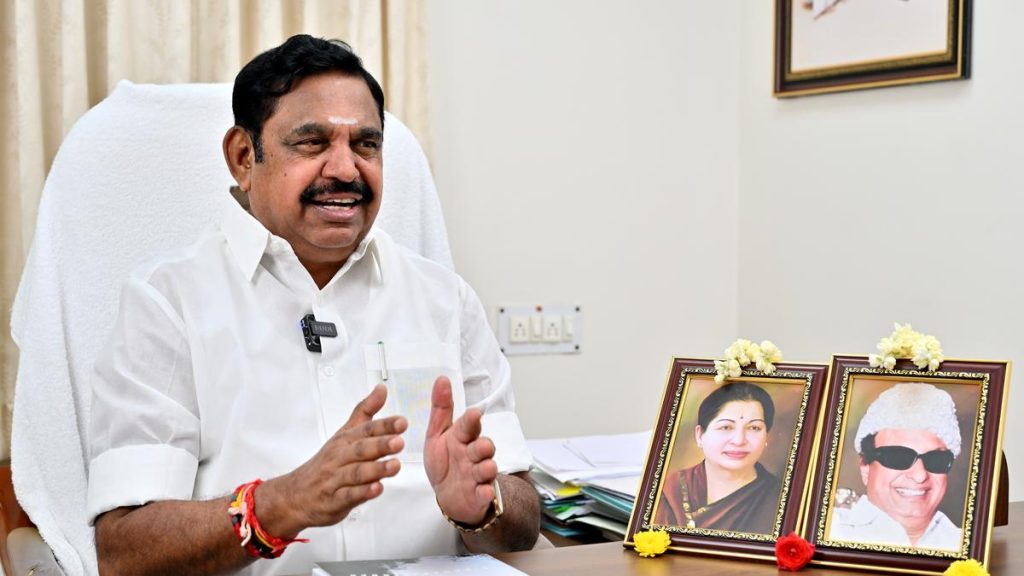Now Reading: Breakthrough: First Pig-to-Human Lung Transplant Sparks Hope and Questions
-
01
Breakthrough: First Pig-to-Human Lung Transplant Sparks Hope and Questions
Breakthrough: First Pig-to-Human Lung Transplant Sparks Hope and Questions

Speedy Summary
- scientists at Guangzhou Medical University in china performed the first-ever pig-to-human lung transplant on a 39-year-old brain-dead recipient.
- The transplanted genetically modified pig lung survived for nine days, marking a milestone in xenotransplantation research.
- Genetic modifications included three knocked-out pig genes and three added human genes to minimize immune rejection, along with immunosuppressive drugs administered during the procedure.
- Early indications of tissue damage occurred within one day due to oxygen deprivation during transplantation; immune rejection signs emerged on days three and six.
- The procedure was terminated by day nine at the request of the recipient’s family.
- Challenges arise due to lungs’ intricate physiology and immune response complexities involving white blood cells such as macrophages that can trigger inflammation.
- Surgeons advocate cautious optimism, emphasizing further optimization in genetic modifications and treatment protocols for longer-term success.
[Image accompanying article: Illustration of pig lungs (source identification: sebastian Kaulitzki/Science Source)]
Indian Opinion Analysis
India’s vast population poses immense pressure on it’s healthcare system, especially regarding organ transplants where demand far outweighs supply. Breakthroughs in xenotransplantation-like this preliminary effort with pig lungs-could eventually revolutionize accessibility to life-saving organ replacements worldwide, including India. Tho, significant technical hurdles persist before clinical adoption becomes feasible.
India has much to gain from advancements like these due to challenges such as a low rate of organ donation and high waiting lists for transplants across all demographics. However, ethical concerns around animal-human transplants may require broader deliberation involving medical experts and policymakers before acceptance among Indian society is achieved.
While this development represents progress toward solving global transplant shortages over time, India must focus on domestic improvements such as fostering organ-donation awareness programs alongside monitoring evolving xenotransplant technologies abroad.



























